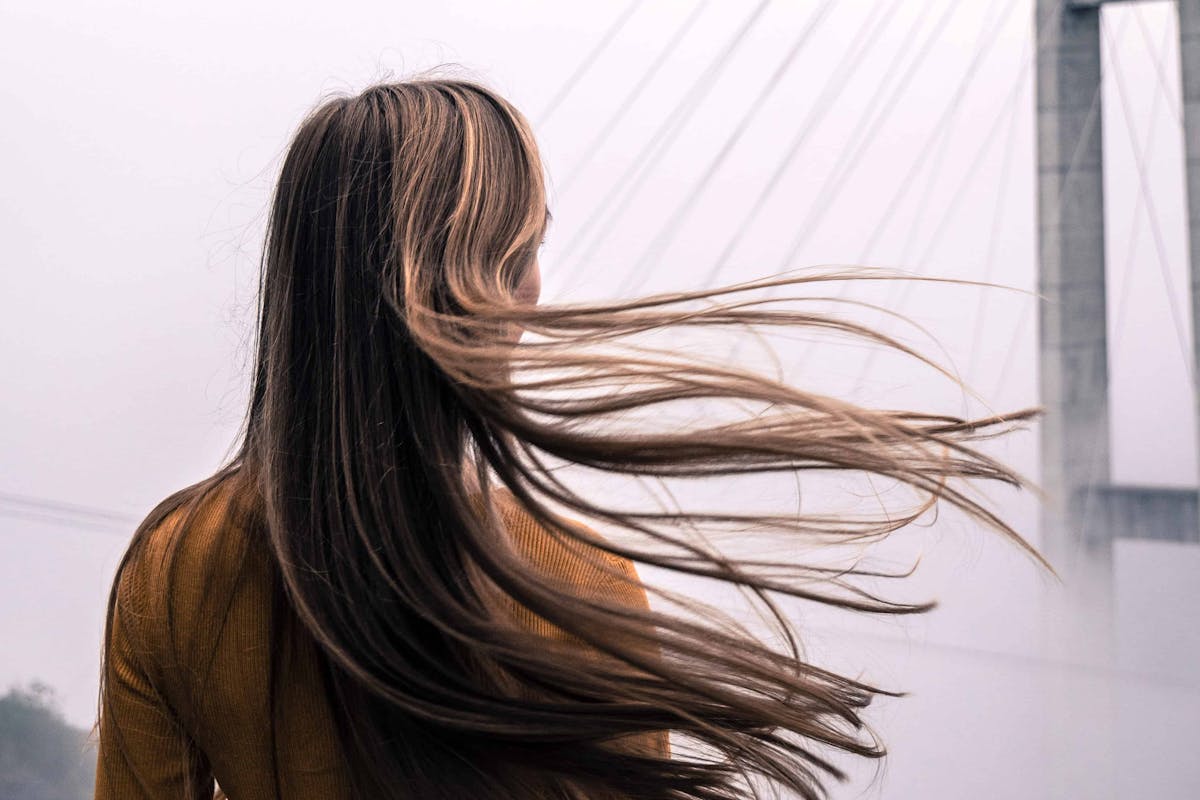As women age their bodies begin to process nutrients less efficiently. Many vitamins and minerals are necessary for hair growth. Iron and Vitamin C are good examples of this.
Iron deficiency has been linked to hair loss in several studies. As the body ages, it can become more difficult for it to obtain the iron it needs from foods. The deficiency can then lead to thinner hair. Interestingly, a Vitamin C deficiency can contribute to the iron deficiency. This is because, without enough Vitamin C, the absorption of iron from foods such as red meat becomes more difficult.
There are a great number of nutrients that play a part in thinning hair in older women. In addition to iron and Vitamin C, getting enough magnesium, B vitamins, selenium, niacin and zinc is important. Some deficiencies can be helped with a diet change or nutritional supplements. Nutrafol is a supplement that contains Vitamin C, Selenium and Zinc – among other things.
As we age our stress levels increase. Additionally, realizing that we are aging can cause additional stress. High levels of stress over a long period leads to increased cortisol production. This can have an negative impact on hair growth and lead to hair appearing thinner.
Cortisol is a hormone created in response to all types of stress. High levels mean that the body is busy producing this one hormone. And therefore producing less of the hormones that promote healthy hair growth. By reducing stress levels, it can be possible to reduce the cortisol levels and bring the body back to balance. Some methods for stress reduction include physical activity, enough amounts of sleep, and laughter.
As we age, it is not uncommon for women to become more aware of their physical appearance and how it is changing. While many women dread the changes, some steps can be taken to keep a youthful look. Healthy hair is one of the most visible signs of our appearance. With attention to diet and supplements, it can be possible to help hair regain some of the fullness of youth.
Featured image by Romana Klee

